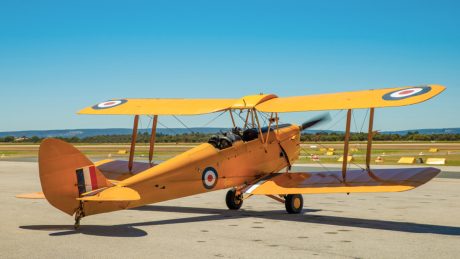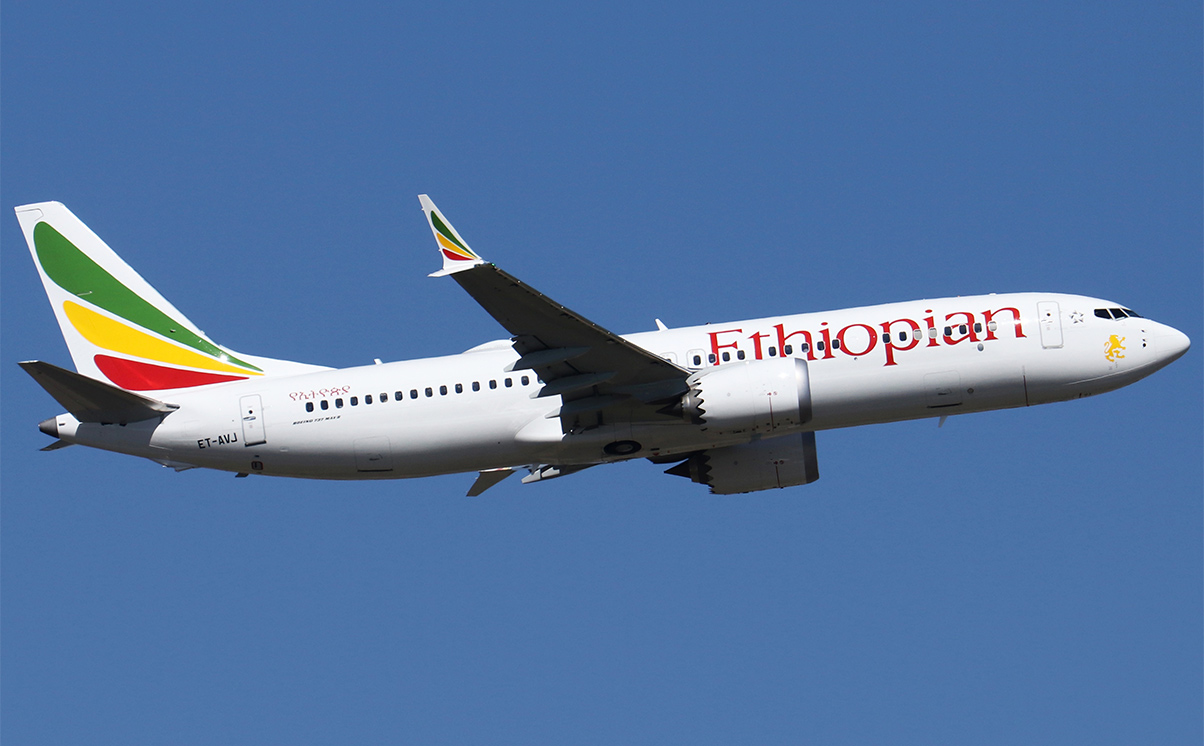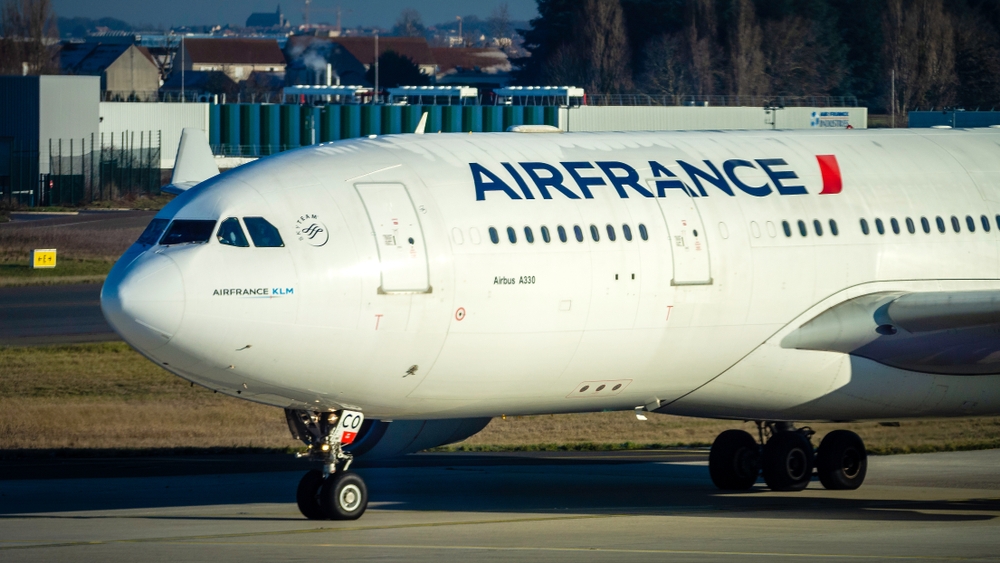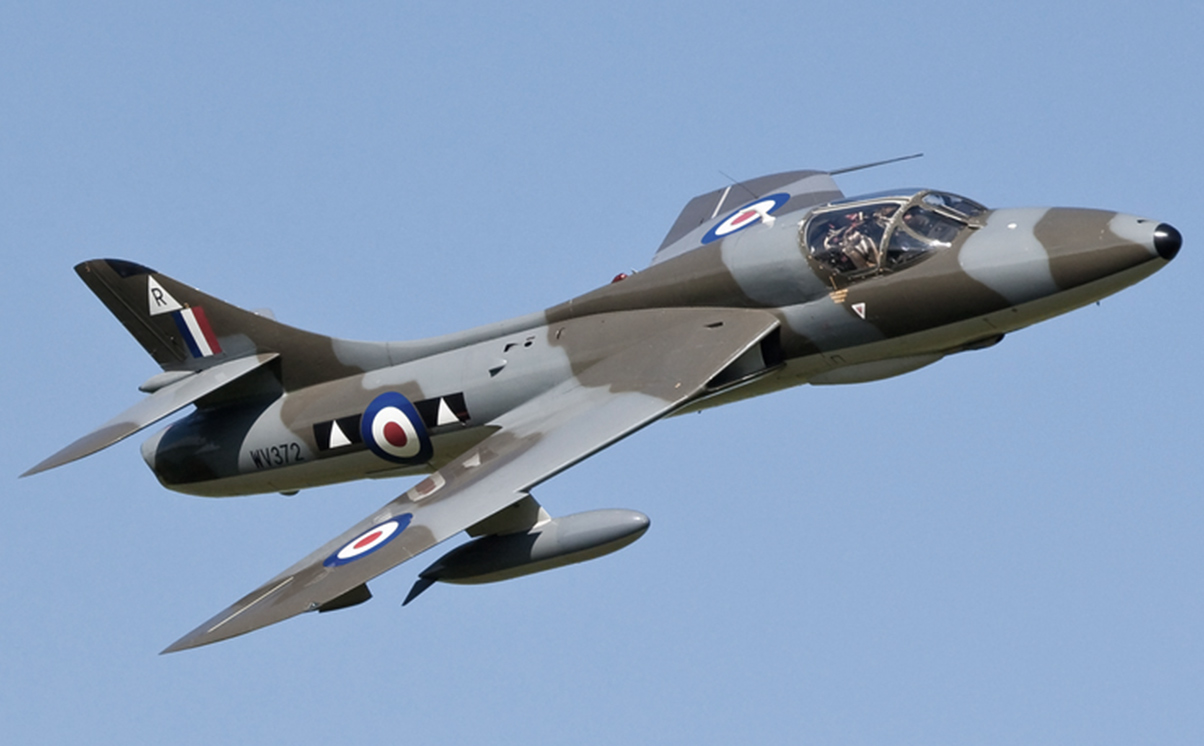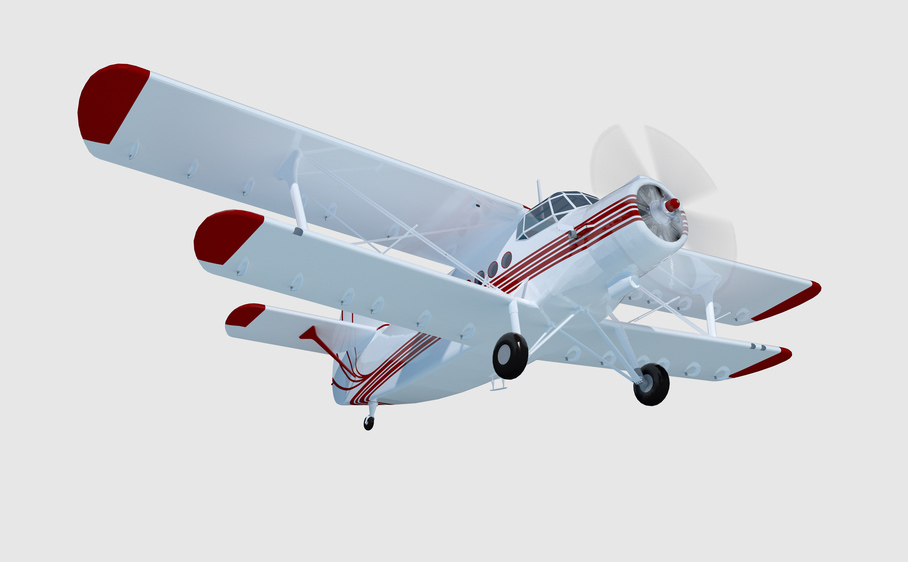Built in the 1930s, de Havilland DH82A Tiger Moths were primarily used for military service. These vintage aircraft do not have an electrical system and therefore need to be started by hand. As Tiger Moths are tail-dragging, extra care is required on taxiing and landing to avoid damaging the tail of the plane.
In August 2019, we represented the family of Peter Stacey at the inquest into his death. Two years earlier, Mr Stacey was a passenger in a DH82A Tiger Moth and undertaking a vintage flight experience in Dorset. Following reports of an engine problem, the aircraft was on its return to the airfield when it pitched down and entered a steep descending turn to the left before impacting a field, fatally injuring both occupants.
Sarah Stewart, a partner in our aviation team, says:
“The coroner’s inquiry and the jury’s verdict helped the family in coming to terms with their devastating loss. Families who have lost their loved ones in aircraft accidents deserve the full truth of what went wrong and what can be done to prevent the loss of others’ lives in similar circumstances.”
Our expertise in Tiger Moth aviation claims began with our case of Rogers v Hoyle ([2014] EWCA Civ 257 [2014] 3 WLR 148, [2014] 3 All ER 550). This claim arose from an aircraft accident resulting in the death of Orlando Rogers (a former Royal Marine) who was a passenger taken for a pleasure flight by a friend. We successfully made important new aviation law for families both in the High Court and Court of Appeal with a ruling that official accident investigation reports produced by the Department of Transport are admissible as evidence in aviation accident compensation cases. This was a landmark decision which helps families who would not otherwise be able to obtain the relevant technical aviation information needed to support their claim.
Since then, our aviation team has assisted other families with their claims arising from de Havilland Tiger Moth accidents by independently investigating the causes of each accident, liaising with the government investigators, offering representation at coroners’ inquests and maximising compensation claims against the insurers of those responsible whether they are owner, operator or pilot.
The work we do is important in promoting air safety: air safety is a right, not a privilege.
You can find further information regarding our expertise, experience and team on our Aviation pages.
If you require assistance from our team, please contact us or alternatively request a call back from one of our lawyers by submitting this form.
Subscribe – In order to receive our news straight to your inbox, subscribe here. Our newsletters are sent no more than once a month.

